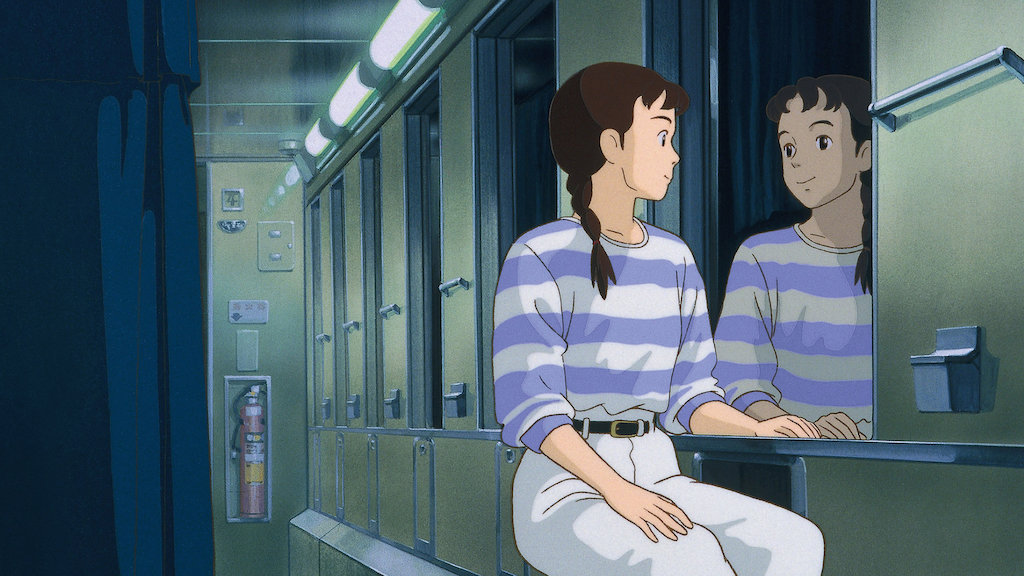Just over two months ago, I packed my bags and flew a few thousand miles, leaving everything familiar, everything that I have grown up with, that I have been accustomed to – the sights, sounds and the people – to land in a bustling city in the UK that I had never been to before.
In The Namesake, Jhumpa Lahiri writes that one of the characters, Ashoke, was born twice in India (the second time when he survived an accident), and a third time in America. When you move cities, countries or continents, is this what happens? Is immigration for study or work or just life a rebirth of sorts? Certainly, a completely new cultural and social setting allows you to re-invent yourself, to gain fresh experiences and insights that could fundamentally challenge all the beliefs you previously held.
As much as it is important to have the space to re-invent yourself, to grow beyond the familiar labels you were given at home or at high school, it is just as important to find room to get to know yourself in depth. From that perspective, challenging experiences allow you to dive deeper within and meet the person that you are.
I did not get so much of a cultural shock when I landed here, because I had had all sorts of shocks at 17, when I moved just a few hundred miles for my undergrad, from the South of India to the North. In many ways, having those experiences in what could be termed as my ‘formative’ years groomed me enough to stand my own in a new country.
The excitement of new beginnings is only contrasted by the tremendous amount of confusion and pain that is an unavoidable part of the process. Transitioning into an adult comes with its fair share of responsibilities, and even if you have managed to make grocery runs, get a decent amount of exercise, tuck some vegetables into your meal, do the dishes after dinner begrudgingly, there are still several moments, when you are on your way home on a moderately cold night, and you just feel lost, with the overwhelming need to collapse into the beautifully lit background of the city at night. But the show must go on. And so, you find your feet dragging yourself home, thankful you have not yet lost the physical strength despite your emotional strength being on the wane.
Also read: Knowing Your Privilege
On quiet days, when I think about the home I left behind, when a picture, a song or a call remind me of the warm, coastal city and the precious people in it, I find myself in an embrace, huddled amongst memories with a deep sense of gratitude for all my cherished experiences there. I feel more a sense of belonging than longing, of having my hometown entrenched in my identity, but being able to appreciate all that the other city-the one that I moved to, has to offer.
Belonging is tricky to find especially when you have just moved someplace new, perhaps that is why people love to form cliques. As much as familiar faces and tongues give you a slice of home, of familiarity and comfort, there is a danger of being well within your comfort zone, and the entire exercise of migrating becomes pointless when you hardly mingle with people who are not of the same nationality as yours.
In retrospect, the two months that I have spent in Scotland feel vast, with experiences, friends and conversations crammed into what looks like a narrow timeframe. I am excited for all that is to come, and I am equally bewildered and terrified, but regardless of these feelings that ebb and flow like the tides, all I can do is try to make the most of what comes my way.
Divya Venkattu is a writer, constantly torn between celebrating life for its little joys and renouncing it for its many oddities and injustices. She has written for The Hindu, Feminism in India and The Times of India (students’ edition) as its star correspondent and student reporter. She has done her Bachelor’s from Indian Institute of Management, Indore.

